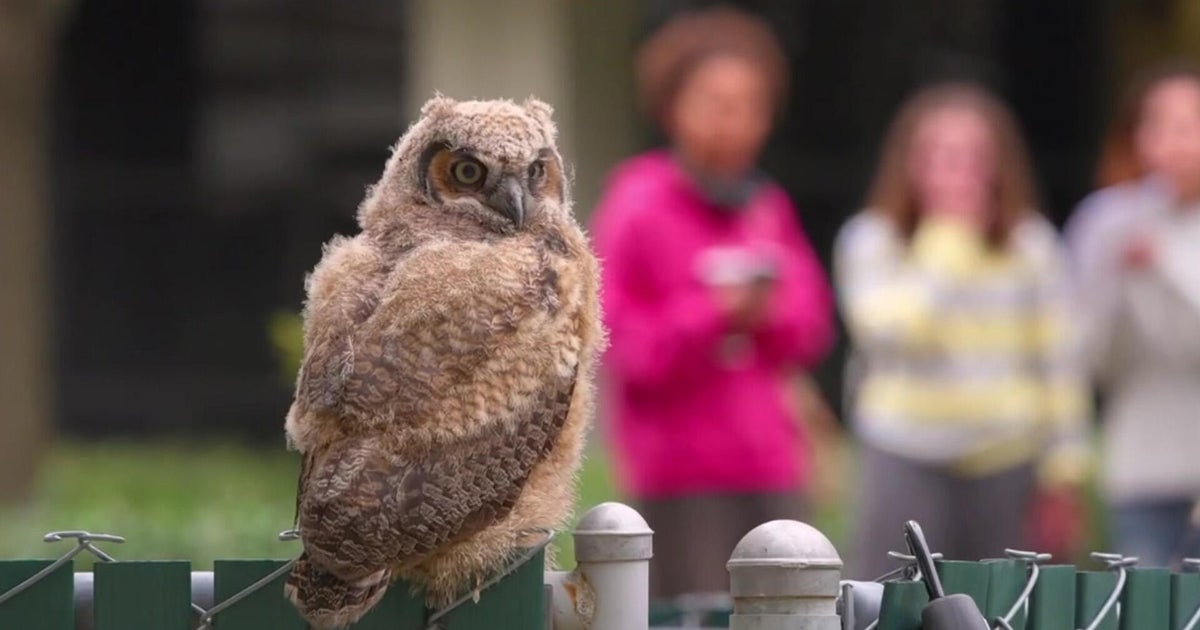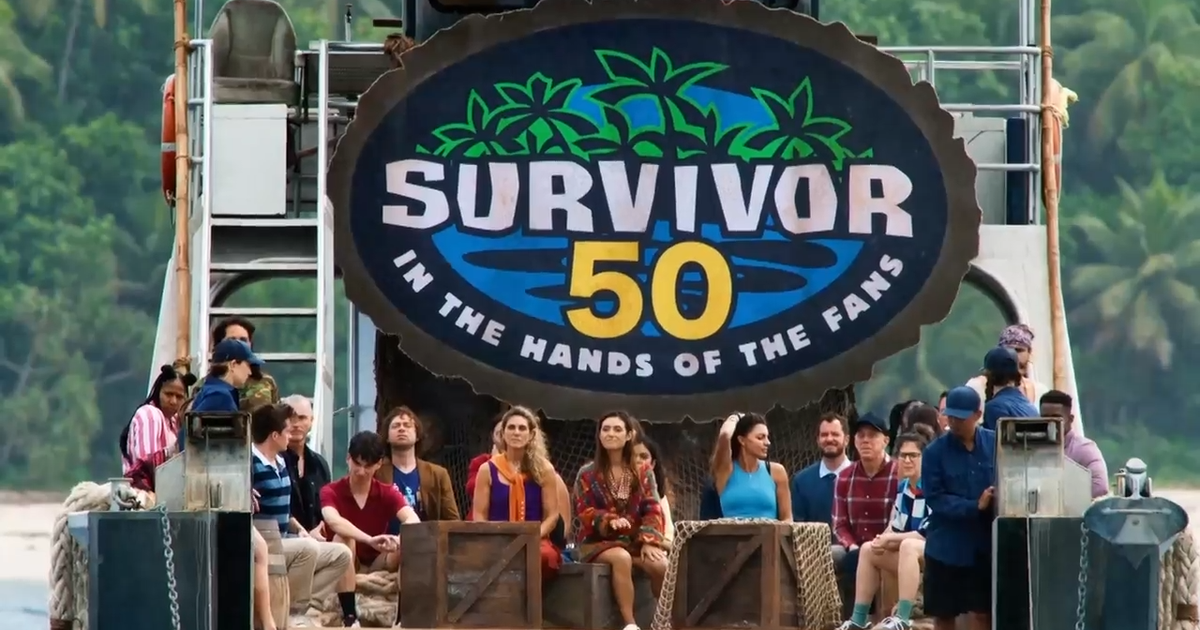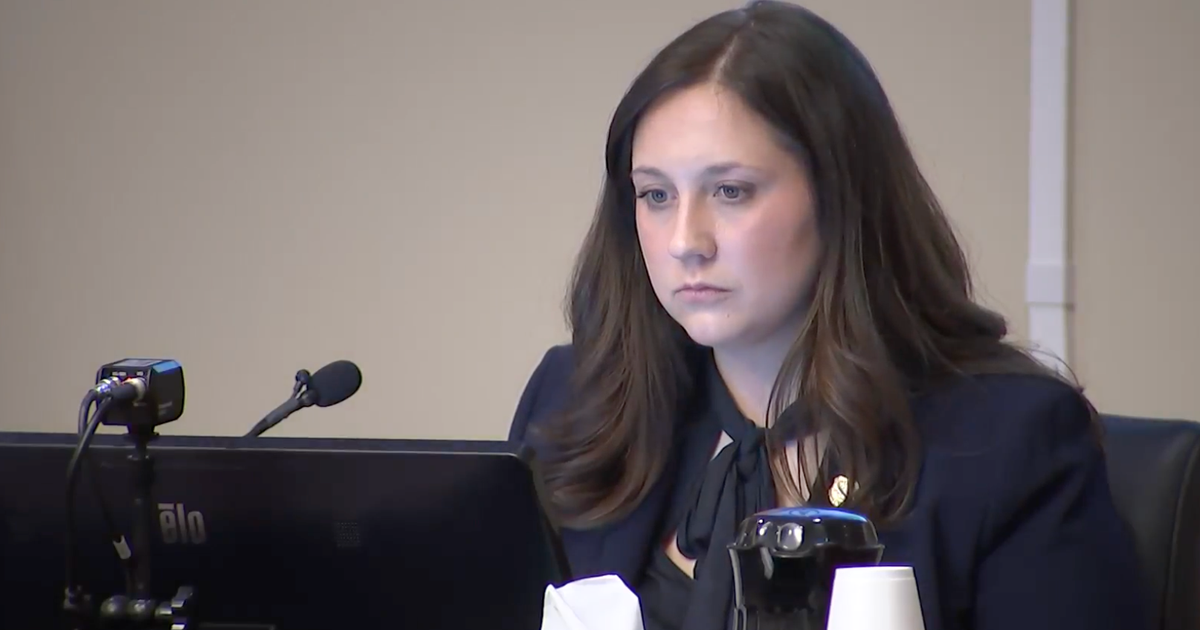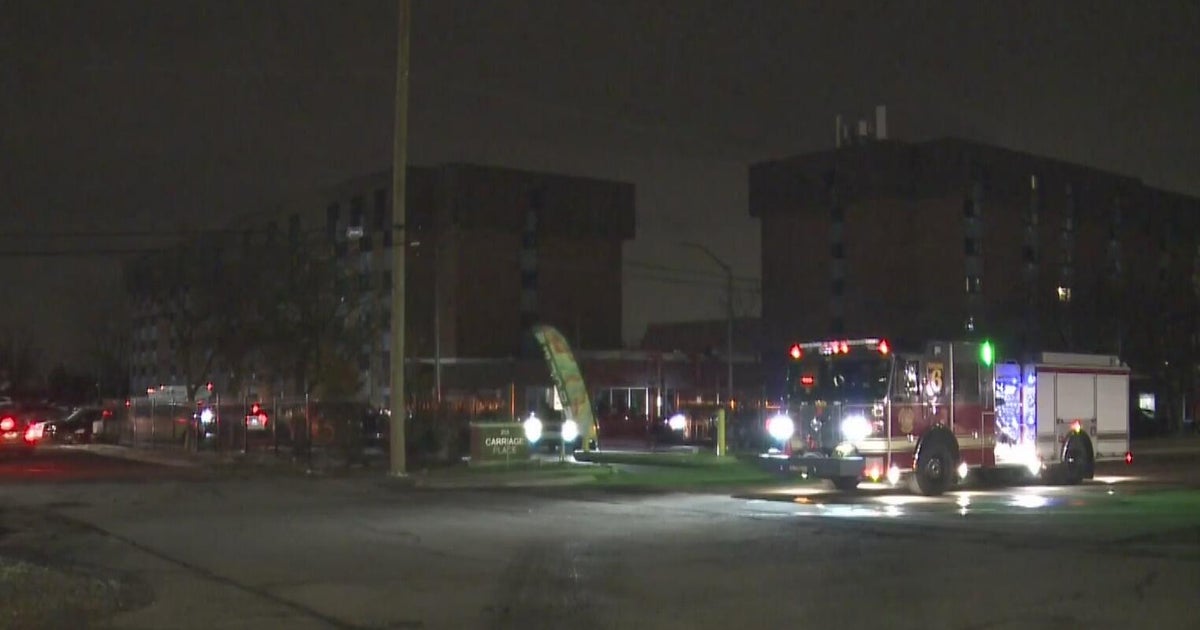Survivors, Captain Hear Italian Shipwreck Evidence
GROSSETO, Italy (AP) — A theater in Italy turned into a courtroom Monday, providing extra space for all those who needed to hear the evidence against the captain of a shipwrecked cruise ship.
The case of Francesco Schettino, 51, has generated such interest that the Tuscan city of Grosseto chose the larger space to accommodate all those who had a legitimate claim to be at the closed-door hearing.
Thirty-two people died after Schettino, in a stunt, took the Costa Concordia cruise ship off course and brought it close to the Tuscan island of Giglio on Jan 13. The ship then ran aground and capsized. Schettino himself became a lightning rod for international disdain for having left the ship before everyone was evacuated.
Schettino appeared at the hearing Monday, as well as passengers who survived the deadly shipwreck, the families of those who died in it and scores of lawyers trying to get more compensation for them.
"We want to look him in the eye to see how he will react to the accusations," said German survivor Michael Liessen, 50, who attended with his wife.
Another survivor said he even talked with Schettino.
"When he looked at me, I told him I was on board the Costa Concordia. He stood up and we shook hands, as it is normal between two polite people," Luciano Castro, 48, who has published a book in Italy about the disaster, told The Associated Press. "I told him I hoped the truth would come out soon. In that moment, he replied, 'Yes, it must be established.'"
Castro added that Schettino appeared to be "very embarrassed. He was very cautious, probably not expecting that somebody would approach him."
Wearing dark glasses and a suit, Schettino used a back entrance to slip into the theater, making no comment to reporters outside. Lawyers said he listened intently to the proceedings, where his attorneys raised some objections to the evidence being submitted against Schettino and eight others accused in the shipwreck, including crew members and officials from Concordia owner Costa Crociere SpA.
Nevertheless, one member of Schettino's defense team, Francesco Pepe, seemed confident, saying during a break that "responsibilities that aren't all Schettino's are beginning to emerge."
Hearings this week through Wednesday will help decide whether the judge will order a trial for Schettino, who is accused of manslaughter, causing the shipwreck and abandoning ship while passengers and crew were still aboard. He denies the accusations and hasn't been charged. Any trial is unlikely to begin before next year.
Off the Tuscan coast and just outside Giglio's port, the hulk of the Concordia still lies on its side, resting on a rocky seabed ledge, the object of gawkers and a painful symbol of the disaster for islanders and survivors. Experts are carrying out a complicated salvage plan to get the 290-meter (1,000-foot) long vessel upright so it can be towed to the mainland.
A key question is how much of the blame should Schettino bear alone and how much responsibility for the disaster lies with his crew and employer, Costa Crociere, a division of the Miami-based Carnival Corp.
Costa Crociere has denied that it was negligent and has distanced itself from Schettino, firing him in July although he is fighting to get his job back.
Last month, court-appointed experts delivered a 270-page report of what went wrong that night based on an analysis of data recorders, ship communications equipment, testimony and other evidence.
The experts, who included two admirals and two engineers, laid most of the blame for the collision with the reef and the botched evacuation on Schettino. But they also noted that not all crew members understood Italian, not all had current safety and evacuation certifications, and not all passengers had had the chance to participate in evacuation drills.
Schettino's lawyers had sought to have the captain's Indonesian helmsman attend the hearing, but Judge Valeria Montesarchio turned down the request.
Lawyers for some survivors and some families of the victims are seeking to point blame at the corporate level, alleging negligence. Among them is Peter Ronai, a lawyer for the family of a Hungarian violinist on the ship who, survivors recounted, helped children don life vests before perishing himself.
"The reason people died was not the captain" alone, Ronai told reporters before going into the hearing. "There was no reason for anyone to die."
Passengers have recounted scenes of chaos during the disaster, with the lights going out after the initial collision, plates and glasses smashing to the ground and crew members giving conflicting, confusing directions.
Many of the lifeboats became stuck and couldn't be lowered because the boat was listing too far to one side. Some of the 4,200 people aboard jumped into the Mediterranean and swam to Giglio, while others had to be plucked from the ship by rescue helicopters hours after the collision.
"The ship was as big as a shopping mall, there was dark, there was absolute chaos, men were pushing women away, children in the back," Ronai said. He said the reason people died was because the corporation was "negligent in practices and safety procedures."
Schettino has insisted that by guiding the stricken ship into shallower waters near Giglio's port instead of immediately ordering an evacuation he potentially saved lives. He has claimed that another official, not he, was at the helm when the ship struck.
The timeline in the experts' report, however, makes clear that Schettino had assumed command six minutes before the ship struck the reef.
An American lawyer representing more than 150 people in U.S.-based lawsuits against Carnival Corp. said he came from Mississippi to closely follow evidence that could be useful in his cases. Aside from seeking compensation for his clients, John Arthur Eaves Jr. said he was pushing for improved standards in the cruise industry.
"There is a consistent pattern of lack of discipline ... and communication problems," he told reporters. "This accident will happen again."
"The sooner we can resolve it, the sooner these victims can get back to rebuilding their lives," Eaves added.
(© Copyright 2012 The Associated Press. All Rights Reserved. This material may not be published, broadcast, rewritten or redistributed.)






